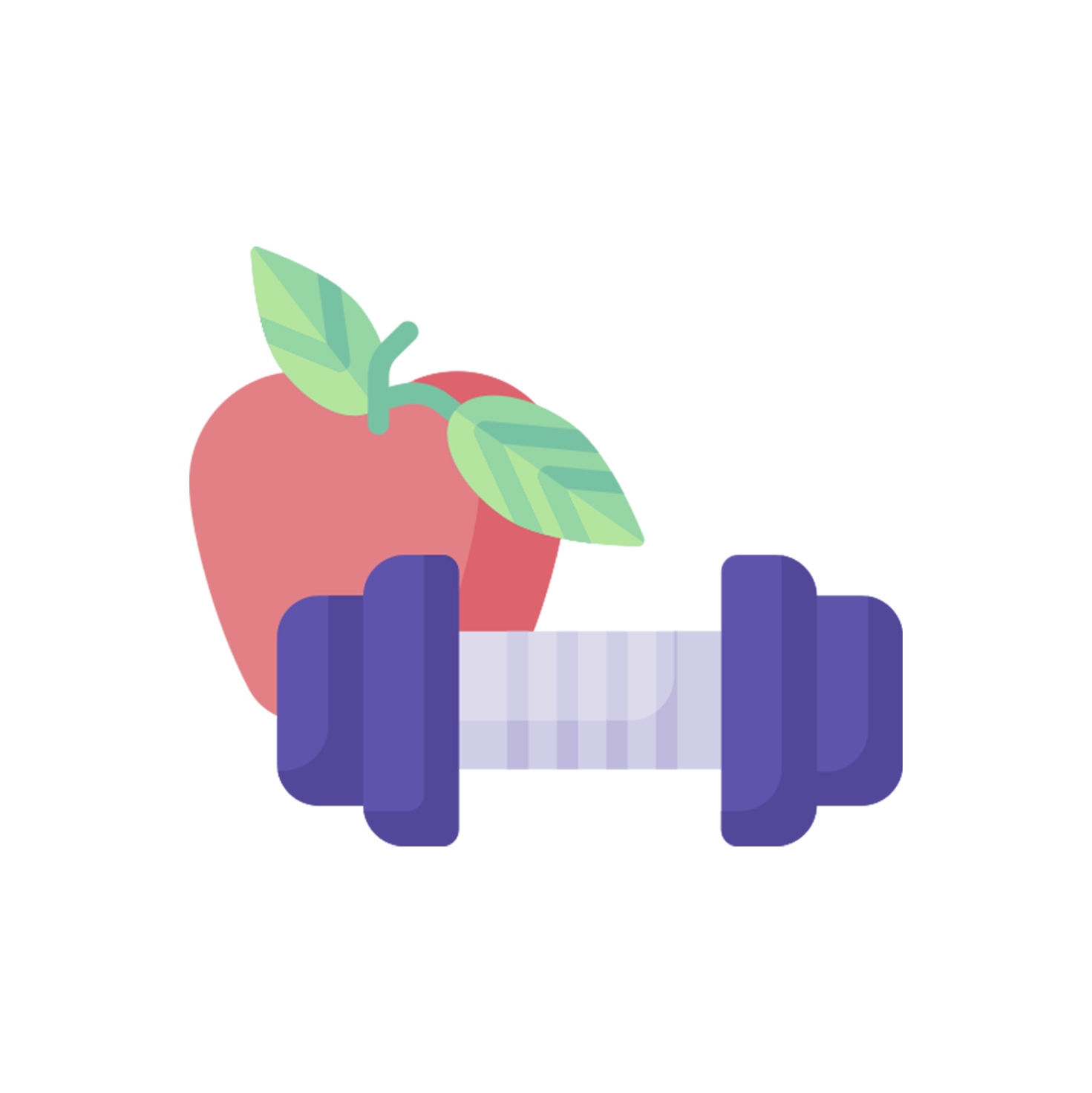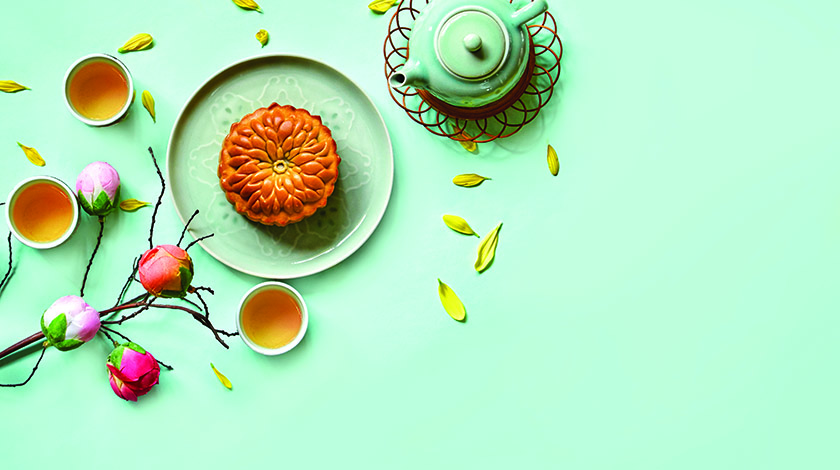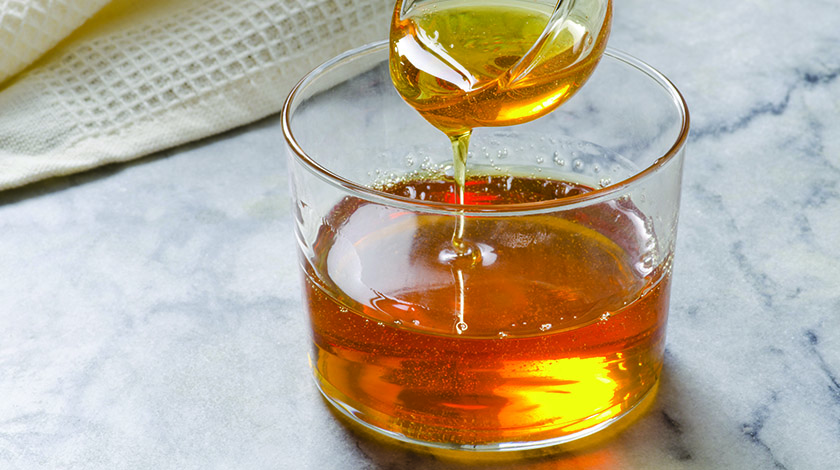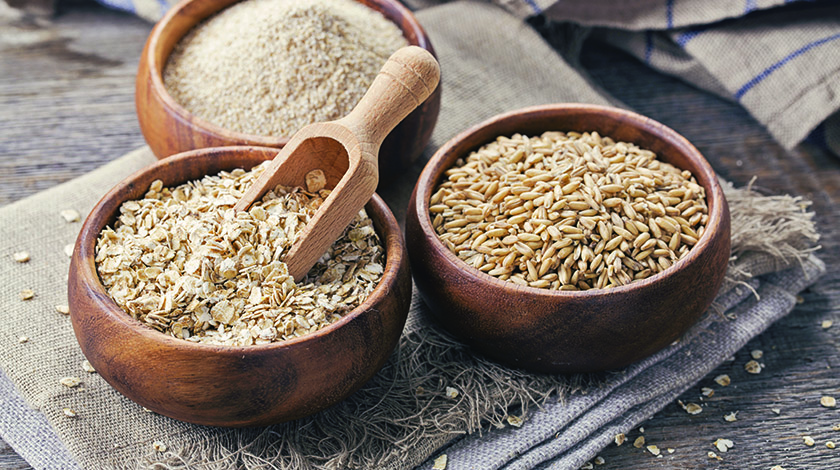Many Hong Kongers love mooncakes. Yet, with a list of usual ingredients that include sugar, lard, egg yolk and flour, many do not seem to be able to enjoy their mooncakes wholeheartedly, without concern for health consequences.
Fret no more! Vegan alternatives of mooncakes boast the same deliciousness of traditional mooncakes, minus the unhealthy bits, making it possible to tuck into the festive treat guilt-free. Here is how the traditional ingredients are replaced.
Sugar
Instead of refined sugar, maltitol is one of the alternatives used for making lotus seed paste. Maltitol is a sugar alcohol and is approximately 90% as sweet as sugar. It is often used in foods suitable for diabetics.1 Other vegan alternatives include agave syrup and coconut flower nectar.
Lard
Vegan substitutes for lard include canola oil, coconut oil, and vegetable oil. Some prefer adding a small amount of alkaline water and syrup to make the dough more stretchable. It also allows the mooncakes to brown more nicely upon baking.
Flour
Alternative flours, such as oat flour, glutinous rice flour, and buckwheat flour, are common choices in vegan mooncakes.
Egg Yolk/ Fillings
Replace egg yolk with ingredients like durian flesh, sweet potato or peanut butter. Fruits, nuts and seed fillings are also widely used, from mango to blueberry; cashew to sesame; and pumpkin seeds to fig.
Vegan mooncakes are healthier and come in various innovative flavors. Why not give them a try this year without worrying about your waistline?
Sources
- https://www.livestrong.com/article/250589-negative-side-effects-of-maltitol/. Viewed 02 Sep 2018.
© Cigna Healthcare 2023
Information provided in this article is intended for health and fitness purposes only and is not intended for use in the diagnosis of disease or other conditions, or in the cure, mitigation, treatment or prevention of disease (see Terms & Conditions for details). Any health-related information found in this article is available only for your interest and should not be treated as medical advice. Users should seek any medical advice from a physician, especially before self-diagnosing any ailment or embarking on any new lifestyle or exercise regime. Any information contained in this article may not be suitable, accurate, complete or reliable. Cigna Healthcare accepts no responsibility for the content or accuracy of information contained on external websites or resources, or for the security and safety of using them. "Cigna Healthcare" and the "Tree of Life" logo are registered trademarks of Cigna Intellectual Property, Inc. in the United States and elsewhere, licensed for use. All products and services are provided by or through operating subsidiaries, and not by The Cigna Group.





